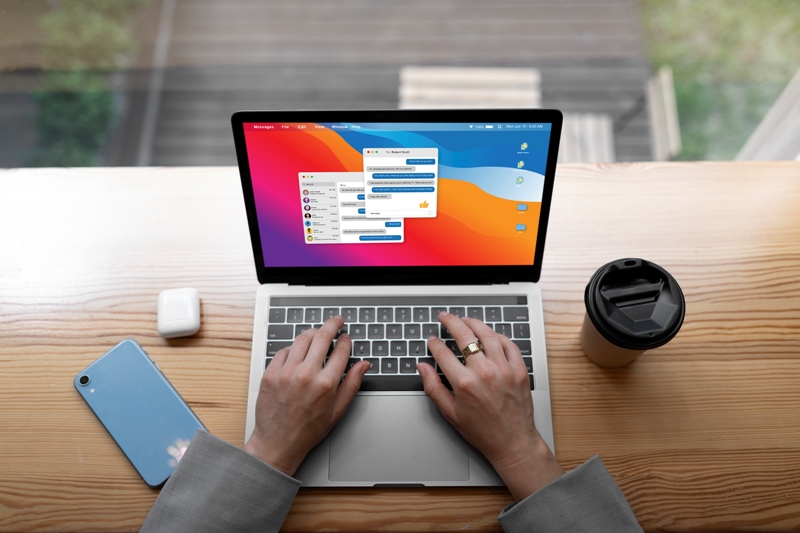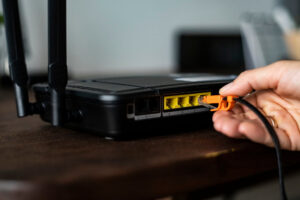Maintaining your Windows 11 PC is essential for ensuring optimal performance, extended lifespan, and efficient operation. However, in the process of cleaning and optimizing your system, many users make mistakes that can unintentionally lead to slower performance, data loss, or even system instability. To help you avoid these pitfalls, we’ve compiled a list of the five most common mistakes to steer clear of when cleaning your Windows 11 PC.
1. Deleting Essential System Files
One of the most damaging mistakes is accidentally deleting essential system files.
While it may seem tempting to dive into the C: drive and delete large, unfamiliar files to free up space, this can cause serious issues. System files are crucial for Windows to function correctly, and deleting them can result in application errors, boot failures, or an unstable operating system.
How to Avoid This Mistake:
- Stick to using built-in tools like Disk Cleanup or Storage Sense to remove unnecessary files safely.
- Avoid deleting files from system folders such as System32, WinSxS, or any directories in the Windows folder.
- If unsure, perform a Google search or consult forums to identify whether a file is critical.
2. Ignoring Windows Updates
Many users skip or delay Windows updates, not realizing their importance in maintaining system performance and security.
Updates often contain essential patches, bug fixes, and security enhancements. By ignoring them, you leave your PC vulnerable to security threats and miss out on performance optimizations.
How to Avoid This Mistake:
- Enable Automatic Updates to ensure Windows installs important patches regularly.
- Go to Settings > Windows Update and check for updates frequently.
- Always restart your PC when prompted to apply updates fully.
3. Overusing Third-Party Registry Cleaners
Third-party registry cleaners promise to speed up your system by deleting outdated or invalid entries. However, excessive use of these tools can lead to more harm than good.
While some registry cleaners can be beneficial, aggressively cleaning the registry can remove essential entries, causing software malfunctions or instability.
How to Avoid This Mistake:
- Use registry cleaners sparingly and only from reputable sources (like CCleaner).
- Always create a backup of your registry before making changes.
- Rely on Windows’ built-in tools like sfc /scannow and DISM to repair system files.
4. Failing to Back Up Important Data
Cleaning your PC without backing up important files is a recipe for disaster.
Accidental deletions, software errors, or hardware malfunctions can result in irreversible data loss. Backing up your files ensures that even if something goes wrong, you can restore your data.
How to Avoid This Mistake:
- Regularly back up important files to an external hard drive or cloud storage service like OneDrive or Google Drive.
- Use File History in Windows 11 to automate backups.
- Create restore points before performing any major system cleanups.
5. Ignoring Malware and Unwanted Programs
While cleaning up temporary files and cache is essential, neglecting to scan for malware and unwanted programs can severely impact performance and security.
Malware can hide in plain sight and significantly slow down your system or steal sensitive data.
How to Avoid This Mistake:
- Use Windows Security or trusted antivirus software to perform regular scans.
- Uninstall unwanted programs through Settings > Apps > Apps & features.
- Avoid downloading software from untrusted websites.
Additional Tips for Efficient PC Cleaning
- Use Built-In Tools:
- Windows 11 includes tools like Disk Cleanup, Storage Sense, and Performance Monitor. These are safe, effective, and tailored for Windows environments.
- Manage Startup Programs:
- Disable unnecessary startup programs to speed up boot times. Go to Task Manager > Startup and disable apps that aren’t essential.
- Clean Browser Cache:
- Regularly clear browser cache to free up space and improve browsing speed.
- Defragment Your Hard Drive:
- Use the Defragment and Optimize Drives tool to optimize disk performance (Note: SSDs do not require defragmentation).
- Uninstall Bloatware:
- Manufacturers often include unnecessary apps that take up space. Uninstall these via Settings > Apps.
Common Tools for Cleaning Windows 11 PC
Here are a few tools that can safely assist in PC cleaning:
- CCleaner: Trusted for cleaning cache and temporary files.
- BleachBit: Open-source alternative to clean files deeply.
- Glary Utilities: Comprehensive tool for cleaning, optimizing, and managing your PC.
- Malwarebytes: Ideal for detecting and removing malware.
Conclusion
Cleaning your Windows 11 PC is essential for maintaining performance, but it’s crucial to avoid common mistakes that could lead to more harm than good. By following best practices and using trusted tools, you can keep your PC running smoothly and efficiently. Regular maintenance, timely updates, and appropriate backups will ensure your Windows 11 system remains in top shape for years to come.






